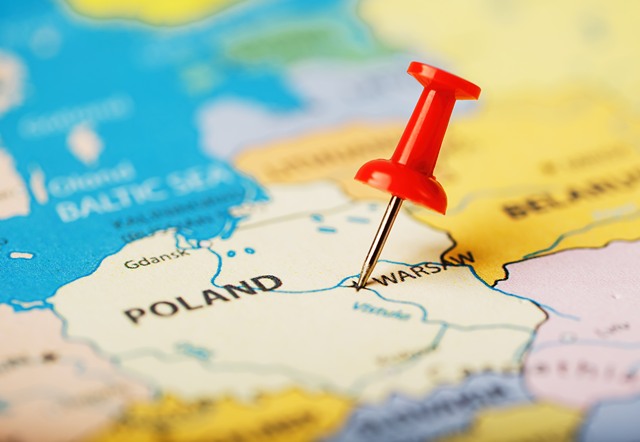A study reveals that health concerns for loved ones top the list of fears among Poles, followed by extreme weather events and personal health issues, with rising anxieties about war and immigration.
In a reoccurring survey, “Current Fears and Concerns of Poles,” participants were asked to identify from a list of 37 potential fears those they believed could occur soon. The results show that 43.3 percent of respondents fear diseases affecting a close relation or friend, a decrease from 48.9 percent six months ago.
Michał Murgrabia, a psychologist and co-author of the study, notes, “The fact that nearly half of the respondents indicated this concern underscores the importance of family health in Polish life. The reduction in this percentage could be due to several factors, including society’s adaptation to post-pandemic realities and changing priorities, which affect the overall level of anxiety felt in various aspects of life.”
Extreme weather phenomena ranked second among concerns, with 41.7 percent of respondents worried about heatwaves, hailstorms, heavy rains, and floods. This is a significant increase from the previous survey, where 28.7 percent expressed concern over harsh winters, snowstorms, hurricanes, and floods.
Concerns about personal health and the loss of it was the third most common response, indicated by 40.4 percent of participants, up from 38.8 percent six months prior. The fear of inflation and money losing its value came fourth, noted by 37.3 percent of respondents, slightly down from 37.8 percent.
The fear of war and armed conflict within Poland’s borders ranked fifth, with 35.8 percent expressing this concern, a significant rise from 19.9 percent in the previous survey.
“The growing fear of war on our own soil is evident. In many cases, this leads to survival strategies — from stocking up on supplies and taking shooting courses to building bunkers,” commented Michał Pajdak, the co-author of the research.
Immigration fears were next, with 33.6 percent expressing concerns, up from 25.3 percent six months ago.
Fears of losing loved ones came next at 29.9 percent (previously 22.9 percent). Less frequently mentioned were fears of rising costs for electricity and heating, which was selected by 29.2 percent of respondents (previously 30 percent); food price hikes and other goods at 28.6 percent (previously 30.9 percent), and a reduction in quality of life at 25 percent (previously 28.4 percent).
“In many small towns, there is a noticeable influx of migrant workers from Asian countries. The survey shows that the number of Poles who are worried decreases as the size of the town increases. This issue requires immediate educational action,” said Pajdak.
At the bottom of the ranking are fears of traffic accidents (7.1 percent, previously 7.3 percent), real estate price fluctuations (4.1 percent, previously 4.2 percent), the breakup of personal relationships or divorce (3.8 percent, previously 5.4 percent), currency price fluctuations (3.2 percent, previously 6.3 percent), and the dissolution of church communities (3 percent, previously 2.6 percent). Only 0.6 percent of respondents reported no fears, while 4.5 percent were unable to decide on their fears.






